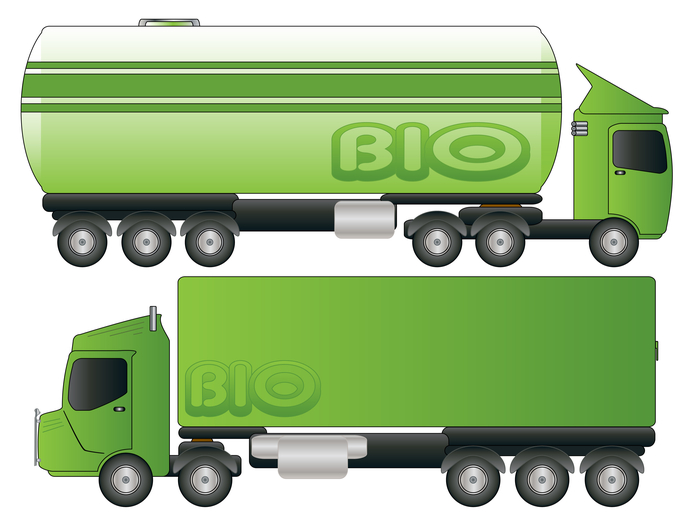A step closer to decarbonising long-haul road transportation
Thanks to the urgent need to reduce greenhouse gas emissions, efforts to promote the deployment of low-carbon alternative fuels (AFs) in transport have intensified in recent years. However, these technologies haven’t yet become mainstream, particularly in the heavy-duty road vehicles sector that predominantly relies on diesel engines. Supported by the EU-funded COLHD project, a recent report(opens in new window) sheds light on the obstacles impeding the wide adoption of AF solutions in Europe. “Our research shows there is no common European support strategy towards AFs, and a clear lack of political and financial support, together with the discontinuity of policies and low economic appeal of Alternative fuel solutions.” It also points to the limited number of refilling stations along the European road networks, mainly due to the insufficient availability of brands and models of alternative-fuelled vehicles (AFVs) in the market. “On the other hand, existing AFV or AFs stations are hindered by a lack of standards or standardisation inconsistencies in manufacturing and deployment, fuel quality requirements, interfaces between AFV and filling stations and EU training guidelines for Alternative Fuel drivers.” Stronger regulatory framework The report highlights the difficulties involved with costs and investments in AF infrastructure, as well as the limited economic viability of biofuel use in transportation. To address these issues, the authors of the report emphasise the need for developing a common European approach to the AF market and call on the European Commission to support a detailed assessment of policymaking. They also recommend strengthening the regulatory framework by identifying clear long-term objectives as well as offering financial incentives. Other strategies and suggestions include: improvements in truck and powertrain design; technology neutrality for the combination of various fuel alternatives; and the progressive use of AF technologies – starting with more mature ones. The authors propose “switching from Diesel to Compressed Natural Gas and Liquified Natural Gas (for heavier trucks and longer routes) and progressively to Advanced biofuels, Bio-Methane, Synthetic gas and, ultimately, Hydrogen” where electric-based solutions are unfeasible. Increased efficiency The ongoing COLHD (Commercial vehicles using Optimised Liquid biofuels and HVO Drivetrains) project was launched to develop an AF engine that’s more efficient than the standard diesel alternative. COLHD covers technology, infrastructure and removal of additional barriers. It focuses on the development of three powertrain technologies that use biogas (liquefied biomethane or liquid biopropane) and second-generation biofuels (hydrogenated vegetable oil). The project website(opens in new window) states: “The engines will be designed to run on optimised blends of both fossil fuels, mainly Autogas (LPG) and LNG (Liquid Natural Gas), and non-fossil renewable biofuels, with the objective of progressively increasing the share of biofuels throughout the evolution of the market.” In addition to conducting research on removing barriers and reducing costs across the whole value chain, project partners have made significant progress in fuel selection. For more information, please see: COLHD project website(opens in new window)
Countries
Spain



